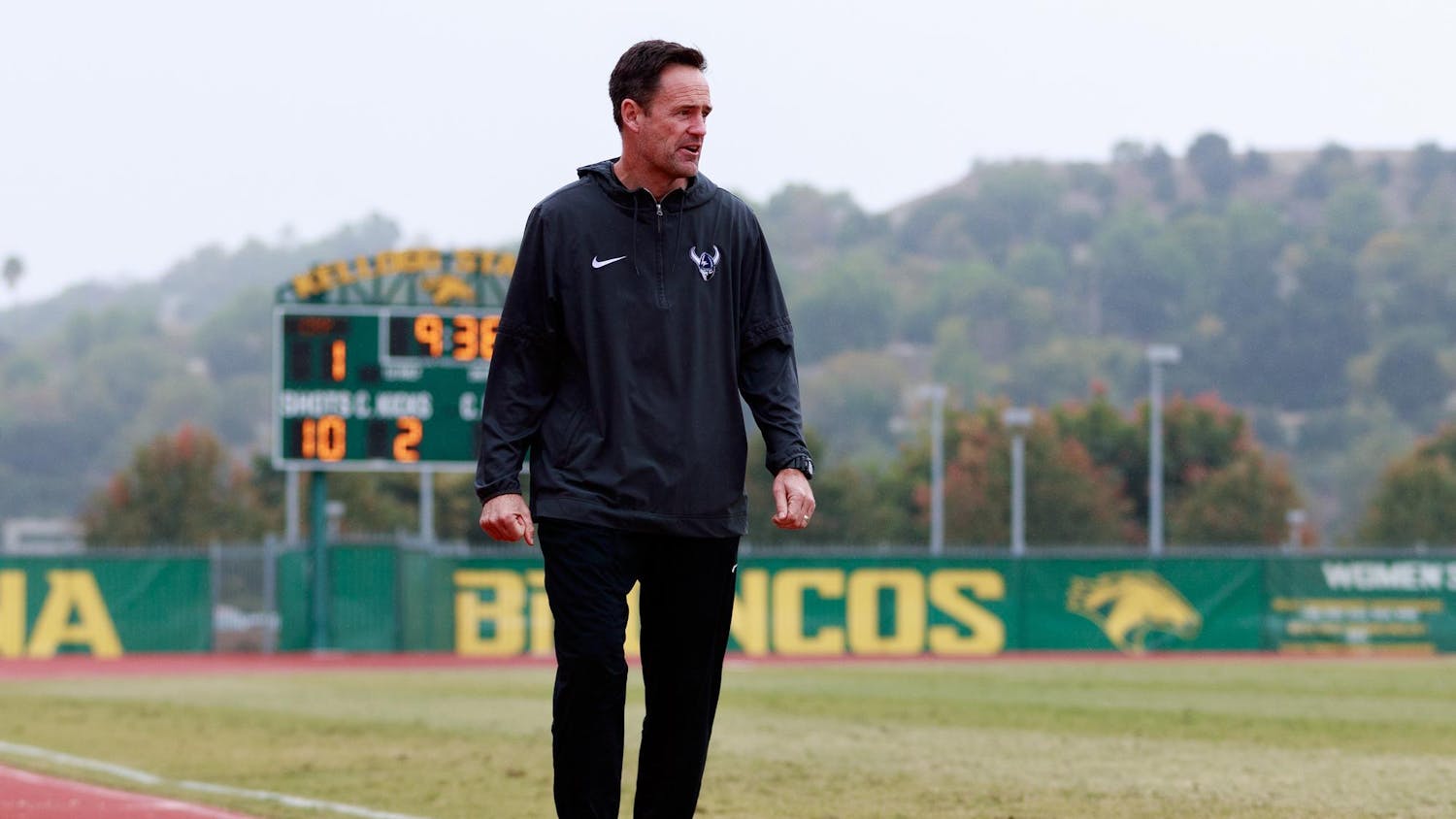Image courtesy of NAMI on Campus WWU.
By Roisin Cowan-Kuist“There needs to be more diversity on the [counseling center] staff. [It] would help our students of color, LGBTQ+ and international students feel more comfortable accessing the services because they’d see counselors that reflects their ethnic or sexual identity.”
Shari Robinson, director of Western’s Counseling Center
Robinson attributed this to longer-than-average wait times to be seen by a member of the counseling staff. “It may take up to two weeks before a student can get in for their initial assessment,” Robinson said. Issues of diversity are also contributing factors to students choosing to suffer in silence, she said. Previous articles Western’s Counseling Center does not meet the recommended student-to-clinical staff ratio





